Happy St. Nicholas Day! This was always one of my favorite feast days growing up. My mom would have us draw names among siblings and we would exchange gifts at breakfast time. It was so fun to go shopping for one of my brothers or sisters and try to keep it a secret, and then finally find out who had gotten me a little something as well. It was kind of like a sneak peak of Christmas without having to wait three more loooong weeks.
When I went on to have children of my own, I named one of them after this great saint. As they got a little older, I found an animated short film about St. Nicholas and we all learned more about him. I realized what a generous spirit he had and how he was always looking out for the less fortunate. As with all of my children who are named after holy ones that have gone before us, I hope my Nicholas will grow up to emulate his virtues. Because today isn’t just about celebrating the precursor to Santa Claus or getting an early taste of Christmas presents, it’s about imitating the good example of others, both those who lived centuries ago and those who are still in our midst today.
As a mom, I often hear the phrase “It takes a village…” meaning, it takes more than just the parents to raise a child; it also takes neighbors, the community, the parish, etc. I like to think about it in a different way. I like to imagine the “village” as the communion of saints: Those in heaven who have taught us how to live out the virtues and are now praying for us, and those here on earth who are striving to become saints themselves. I want these positive role models to be the ones who help me raise my children.
I couldn’t explain it any better than today’s first reading does: “When his children see the work of my hands in his midst, they shall keep my name holy; they shall reverence the Holy One of Jacob, and be in awe of the God of Israel. Those who err in spirit shall acquire understanding, and those who find fault shall receive instruction.”
Today I ask the Lord to open the eyes of all of His children, just as He opened the eyes of the two blind men in the Gospel, that we may be aware of the good things all around us. May our hearts take in that goodness and kindness and generosity day after day, so that we may one day be counted among the saints.
¡Feliz día de San Nicolás! Este día siempre fue uno de mis fiestas favoritas cuando era niña. Mi mamá nos hacía escoger el nombre de uno de los hermanos e intercambiábamos regalos a la hora del desayuno. Era muy divertido ir a comprar para uno de mis hermanos o hermanas e intentar mantenerlo en secreto, y luego finalmente descubrir quién me había regalado algo también. Era como un adelanto de la Navidad sin tener que esperar tres laaaargas semanas más.
Cuando tuve mis propios hijos, le puse a uno de ellos el nombre de este gran santo. Después de unos años, encontré una caricatura corta de San Nicolás y todos aprendimos más sobre él. Me di cuenta de su espíritu generoso y de cómo siempre cuidaba de los menos afortunados. Al igual que con todos mis hijos que llevan el nombre de santos, espero que mi Nicolás crezca para emular sus virtudes. Porque la fiesta de hoy no se trata solo de celebrar al precursor de Santa Claus o de tener un adelanto de los regalos de Navidad, se trata de imitar el buen ejemplo de los demás, tanto de los que vivieron hace siglos como de los que todavía están entre nosotros el día de hoy.
Como madre, a menudo escucho la frase “Se requiere un pueblo…”, es decir, se necesita más que solamente los padres para criar a un niño; también necesitamos a los vecinos, a la comunidad, a la parroquia, etc. Pero a mí me gusta pensarlo de una forma distinta. Me gusta imaginar al “pueblo” como la comunión de los santos: aquellos en el cielo que nos han enseñado cómo vivir las virtudes y ahora están rezando por nosotros, y aquellos aquí en la tierra que se están esforzando por convertirse en santos. Quiero que estos modelos positivos sean los que me ayuden a criar a mis hijos.
No podría explicarlo mejor que como lo explica la primera lectura de hoy: “porque al ver [sus hijos] mis acciones en medio de los suyos, santificará[n] mi nombre, santificará[n] al Santo de Jacob y temerá[n] al Dios de Israel. Los extraviados de espíritu entrarán en razón y los inconformes aceptarán la enseñanza”.
Hoy pido al Señor que abra los ojos de todos sus hijos, igual como abrió los ojos de los dos ciegos en el Evangelio de hoy, para que seamos conscientes de las cosas buenas que nos rodean. Que nuestros corazones absorban esa bondad, esa amabilidad y esa generosidad día tras día, para que un día podamos ser contados entre los santos.
 Tami Urcia grew up in Western Michigan, a middle child in a large Catholic family. She spent early young adulthood as a missionary in Mexico, studying theology and philosophy, then worked and traveled extensively before finishing her Bachelor’s Degree in Western Kentucky. She loves tackling projects, finding fun ways to keep her little ones occupied, quiet conversation with the hubby and finding unique ways to love. She works full time at Diocesan, is a guest blogger on CatholicMom.com and BlessedIsShe.net, and has been doing Spanish translations on the side for over 20 years.
Tami Urcia grew up in Western Michigan, a middle child in a large Catholic family. She spent early young adulthood as a missionary in Mexico, studying theology and philosophy, then worked and traveled extensively before finishing her Bachelor’s Degree in Western Kentucky. She loves tackling projects, finding fun ways to keep her little ones occupied, quiet conversation with the hubby and finding unique ways to love. She works full time at Diocesan, is a guest blogger on CatholicMom.com and BlessedIsShe.net, and has been doing Spanish translations on the side for over 20 years.
Feature Image Credit: Gianna B, unsplash.com/photos/a-very-large-stained-glass-window-in-a-building-exTYi4ghn0k
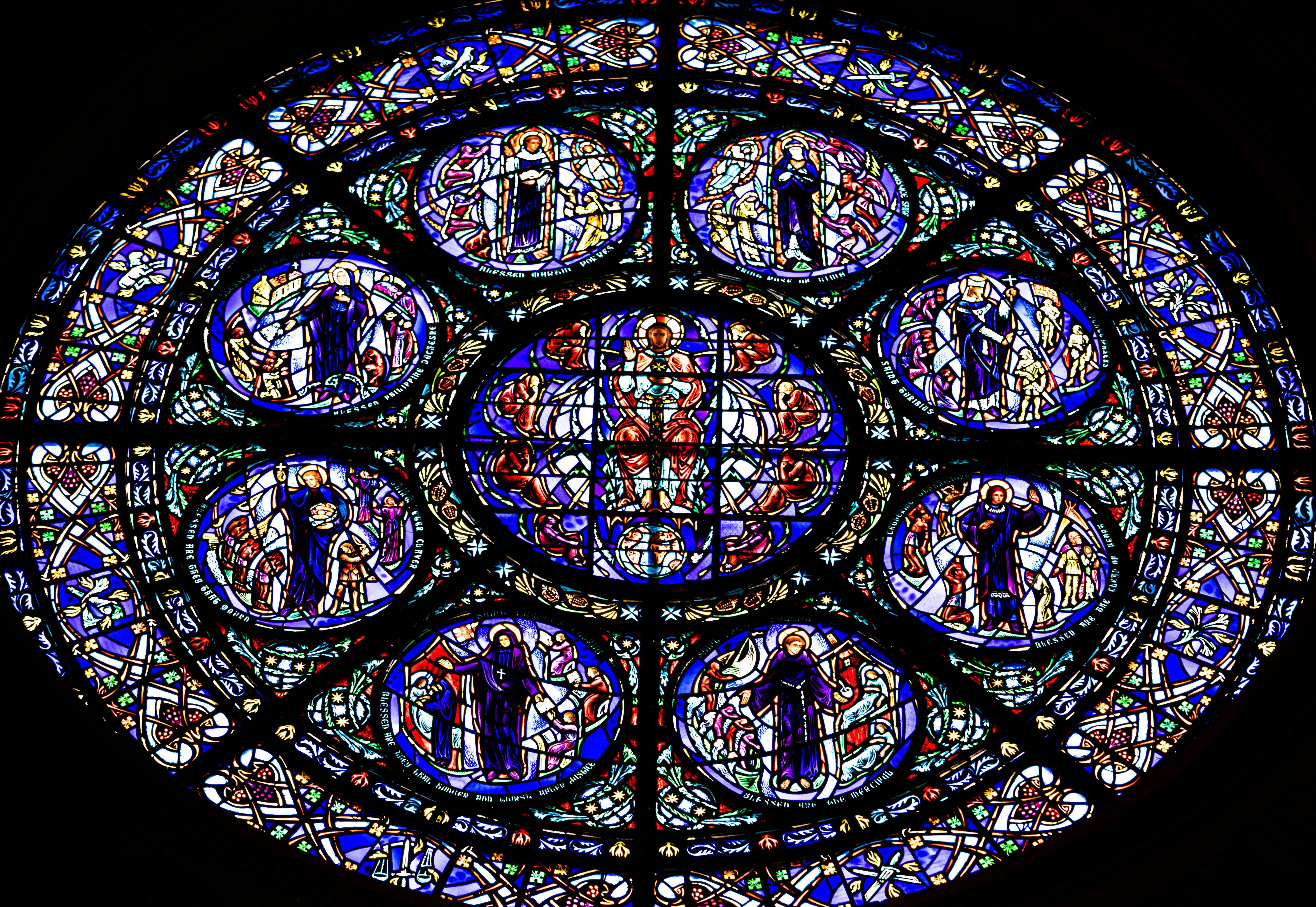

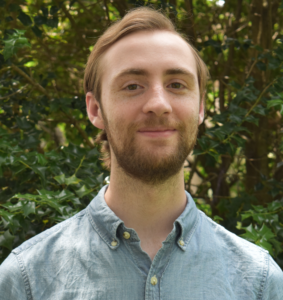 David Dashiell is a freelance author and editor in the Nashville, Tennessee area. He has three children, a degree in theology, and enjoys writing about philosophy, theology, culture, music, and comedy. You can find his personal blog, Serious Daydreams, on
David Dashiell is a freelance author and editor in the Nashville, Tennessee area. He has three children, a degree in theology, and enjoys writing about philosophy, theology, culture, music, and comedy. You can find his personal blog, Serious Daydreams, on 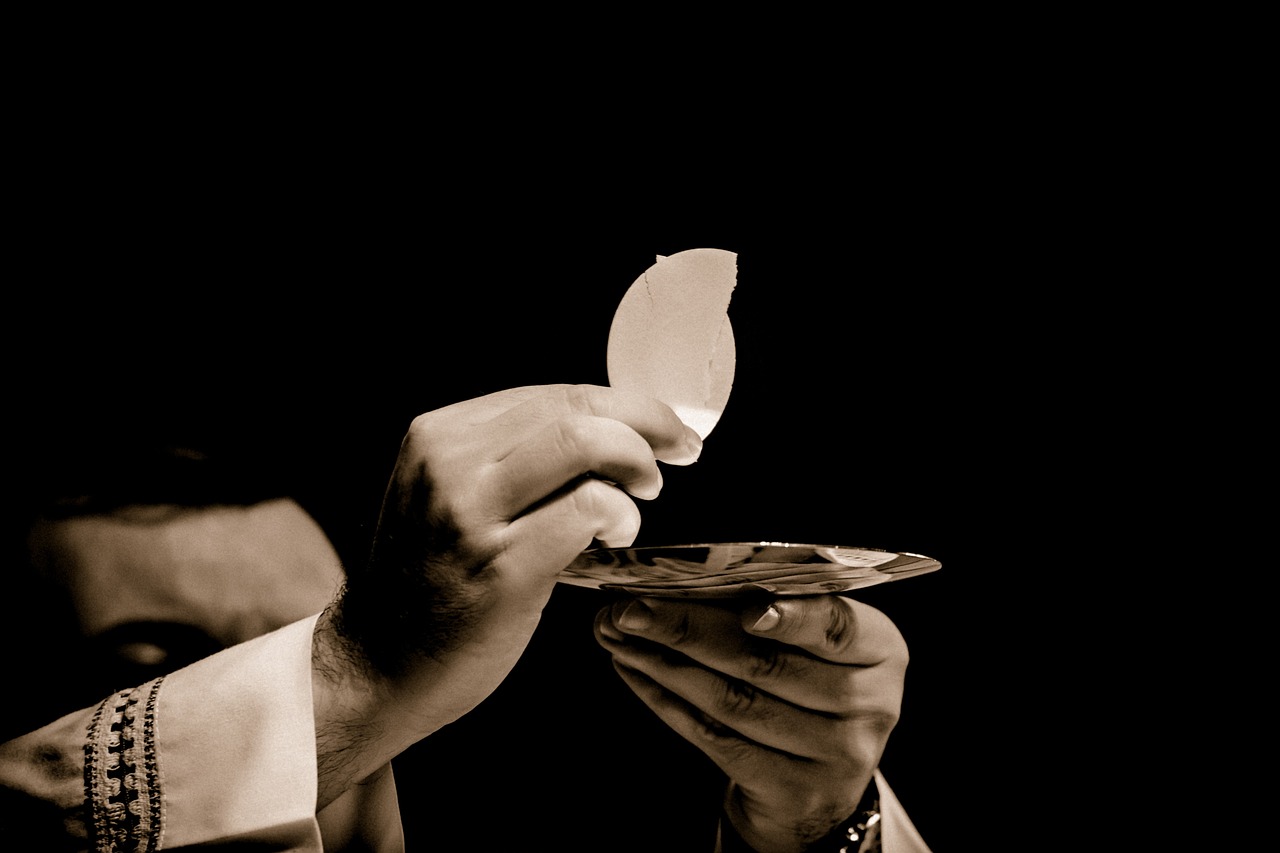
 Kathryn Mulderink, MA, is married to Robert, Station Manager for Holy Family Radio. Together they have seven children (including Father Rob), and eleven grandchildren. She is President of the local community of Secular Discalced Carmelites and has published five books and many articles. Over the last 30 years, she has worked as a teacher, headmistress, catechist, Pastoral Associate, and DRE, and as a writer and voice talent for Catholic Radio. Currently, she serves the Church by writing and speaking, and by collaborating with various parishes and to lead others to encounter Christ and engage their faith. Her website is
Kathryn Mulderink, MA, is married to Robert, Station Manager for Holy Family Radio. Together they have seven children (including Father Rob), and eleven grandchildren. She is President of the local community of Secular Discalced Carmelites and has published five books and many articles. Over the last 30 years, she has worked as a teacher, headmistress, catechist, Pastoral Associate, and DRE, and as a writer and voice talent for Catholic Radio. Currently, she serves the Church by writing and speaking, and by collaborating with various parishes and to lead others to encounter Christ and engage their faith. Her website is 
 Hailing from Nashville, Catherine is a graduate of Christendom College with a lifelong passion for words. Her love of writing and her Catholic Faith continue to shape her as a freelance editor, copywriter, and (aspiring) novelist, where she pursues her passions for the love and greater glory of God.
Hailing from Nashville, Catherine is a graduate of Christendom College with a lifelong passion for words. Her love of writing and her Catholic Faith continue to shape her as a freelance editor, copywriter, and (aspiring) novelist, where she pursues her passions for the love and greater glory of God.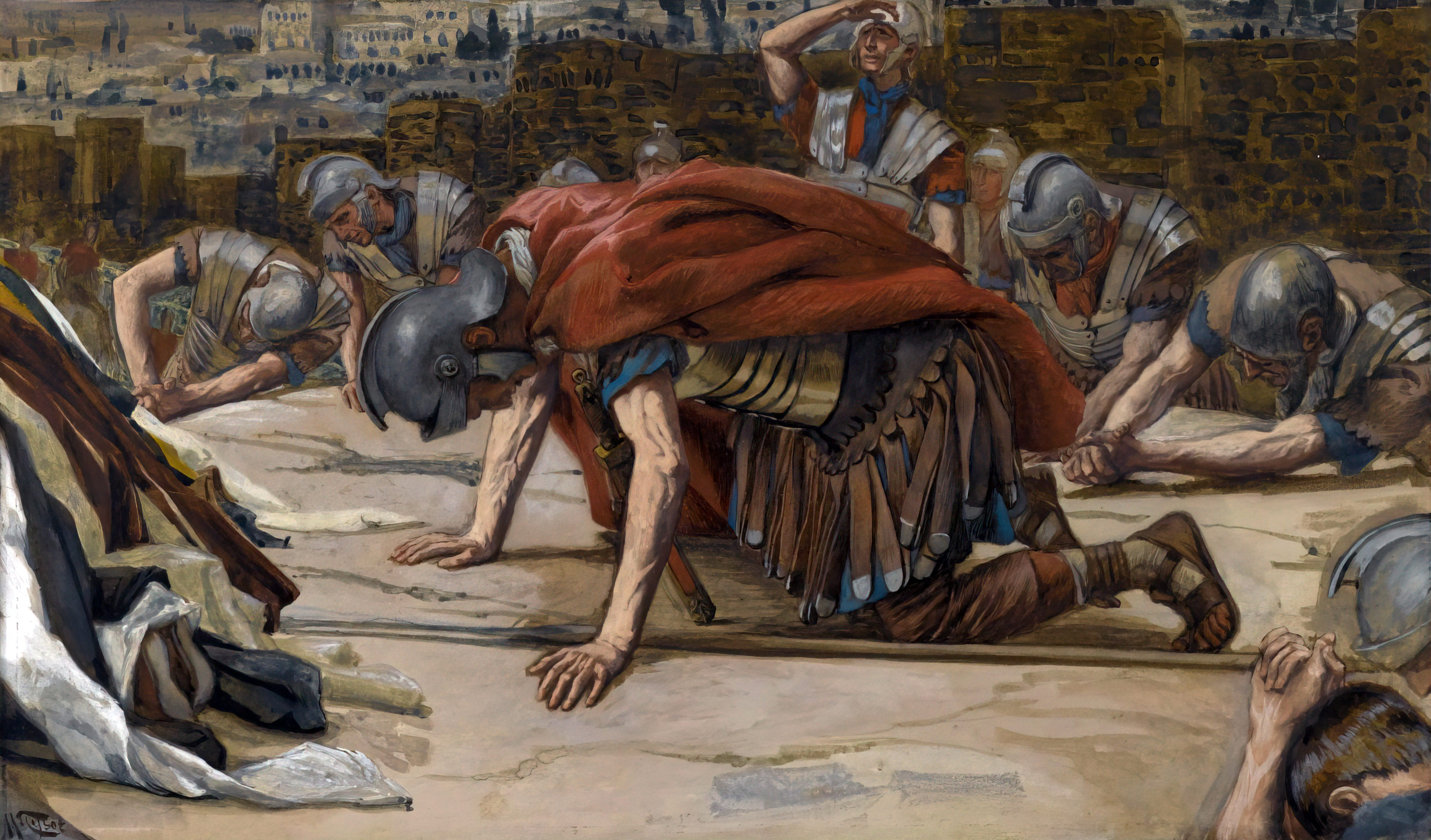
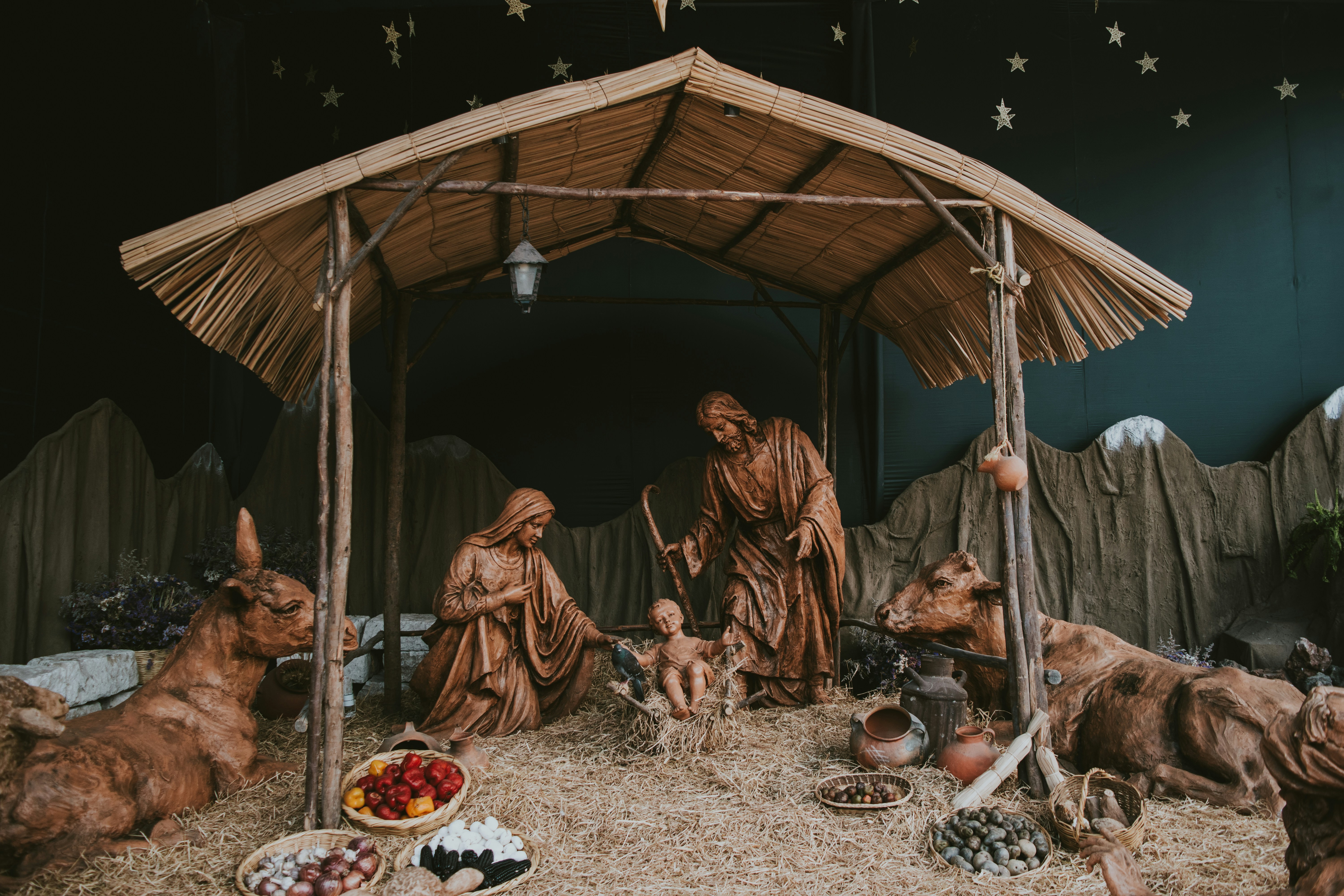

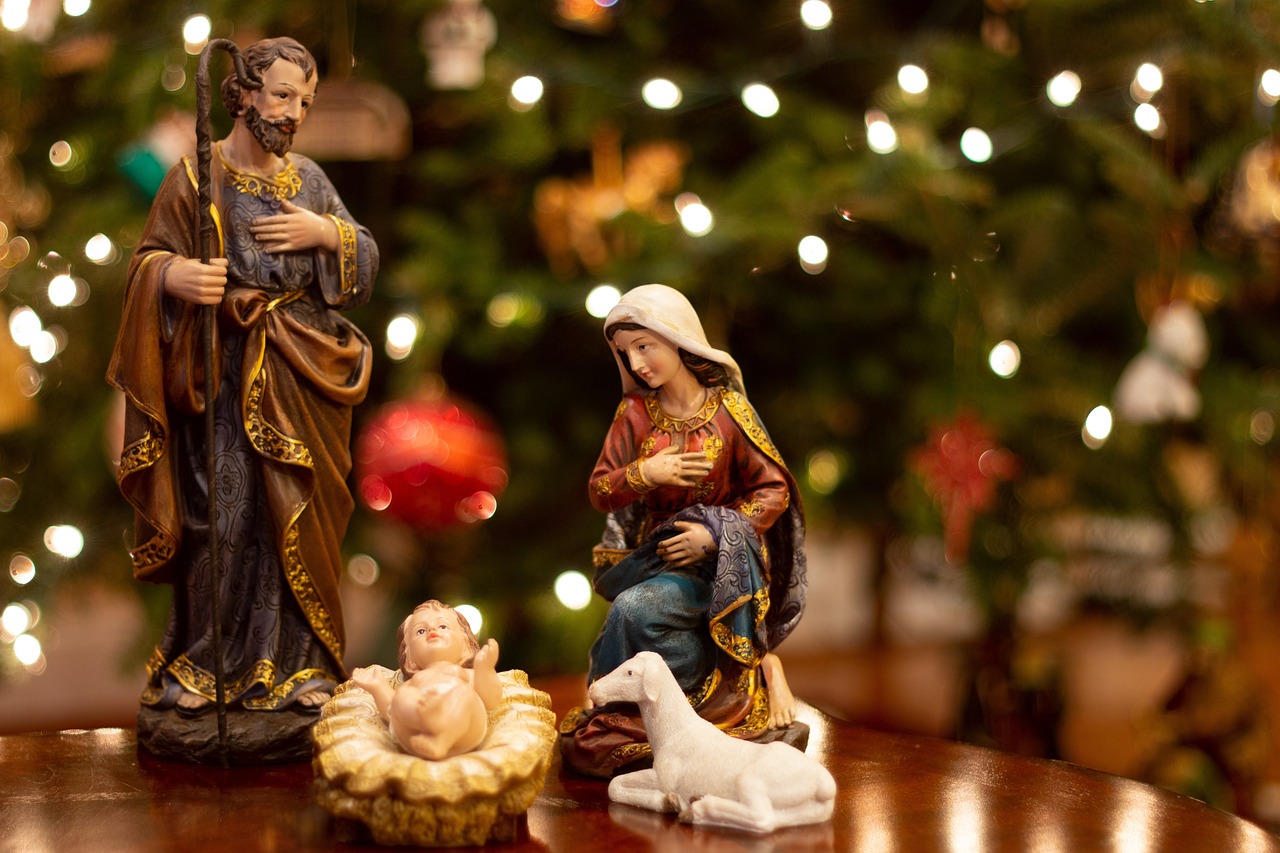

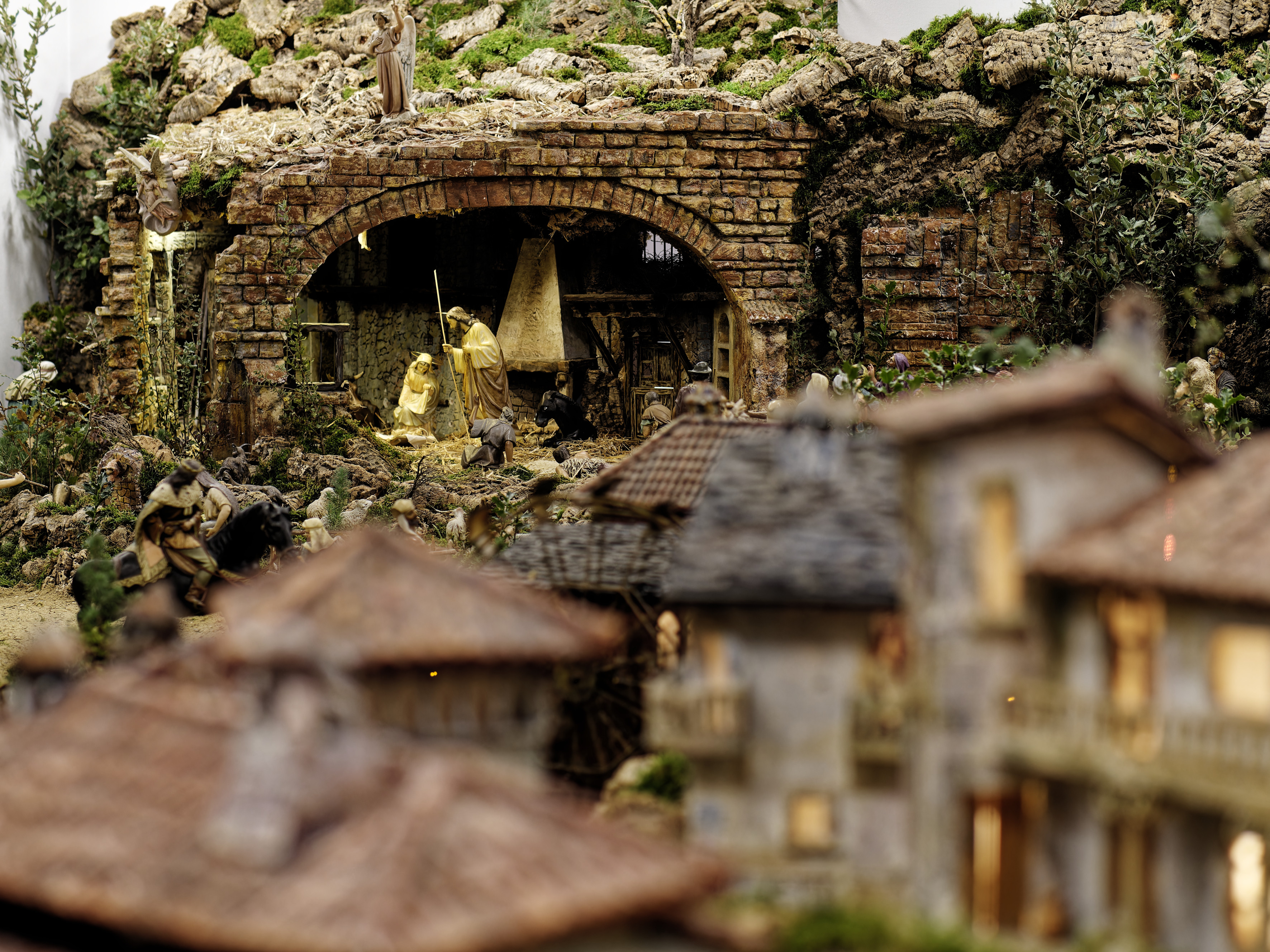
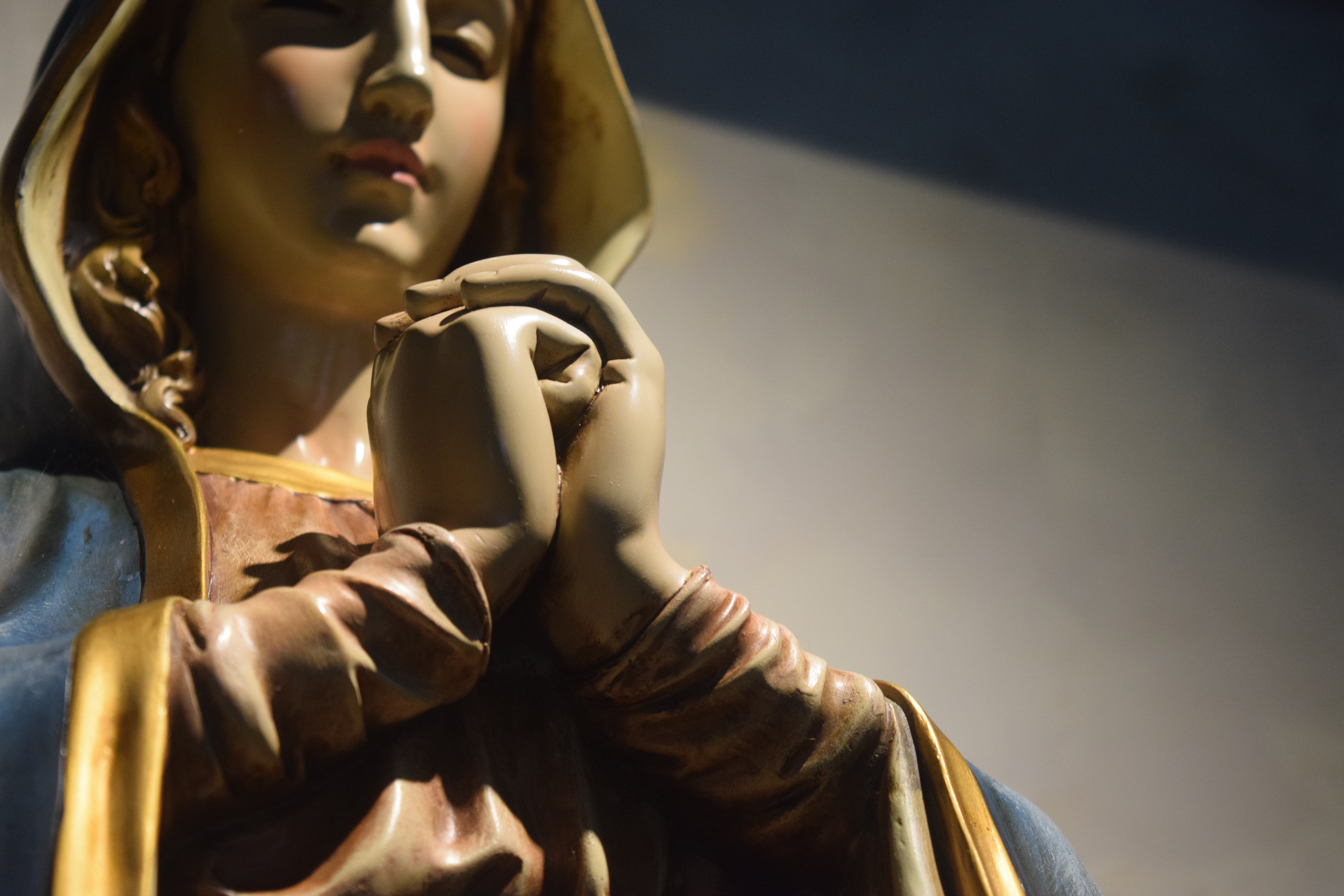
 Allison Gingras (
Allison Gingras ( 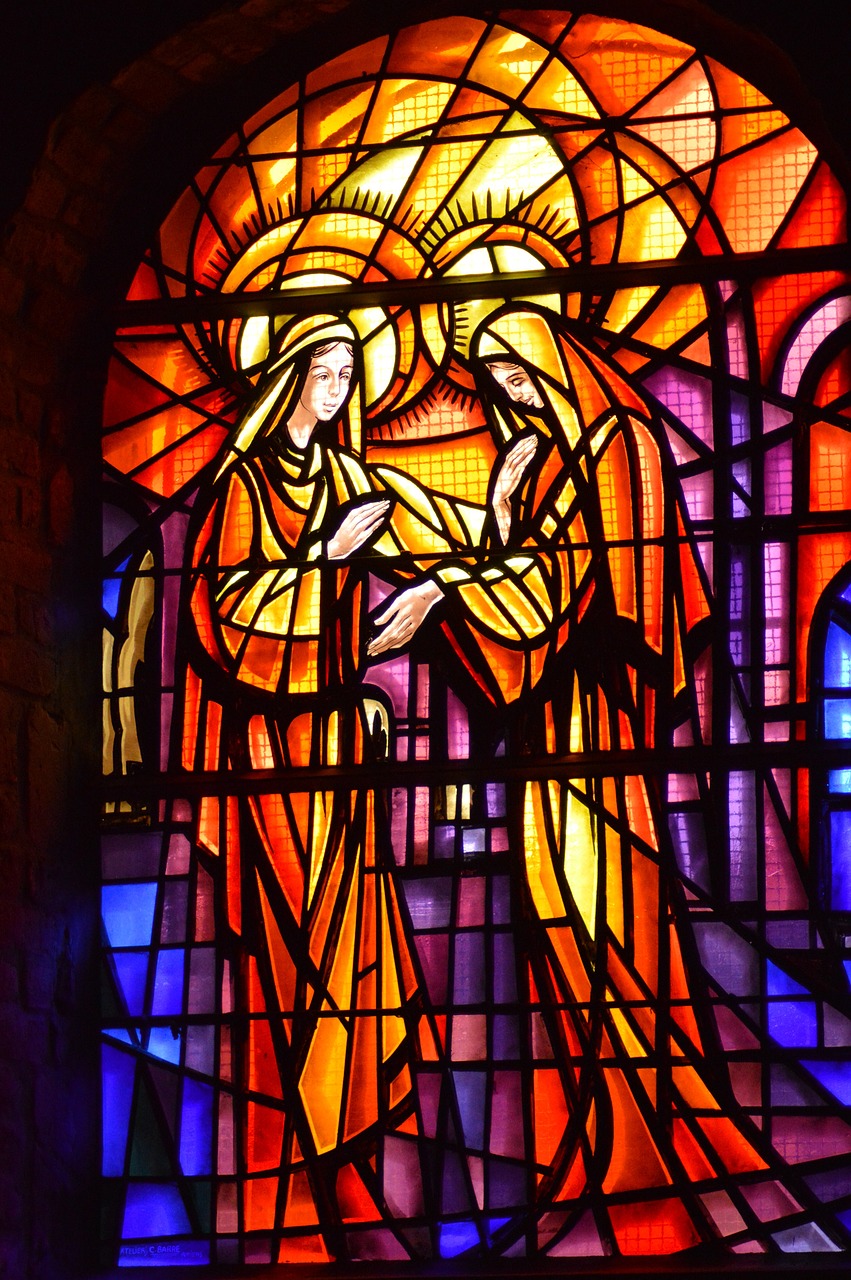
 J.M. Pallas has had a lifelong love of Scriptures. When she is not busy with her vocation as a wife and mother to her “1 Samuel 1” son, or her vocation as a public health educator, you may find her at her parish women’s bible study, affectionately known as “The Bible Chicks.”
J.M. Pallas has had a lifelong love of Scriptures. When she is not busy with her vocation as a wife and mother to her “1 Samuel 1” son, or her vocation as a public health educator, you may find her at her parish women’s bible study, affectionately known as “The Bible Chicks.”
 Christine Hanus currently lives in Upstate, NY. Though she enjoys writing and her work as a catechist, Christine is primarily a wife, mother, and more recently, grandmother!
Christine Hanus currently lives in Upstate, NY. Though she enjoys writing and her work as a catechist, Christine is primarily a wife, mother, and more recently, grandmother!

